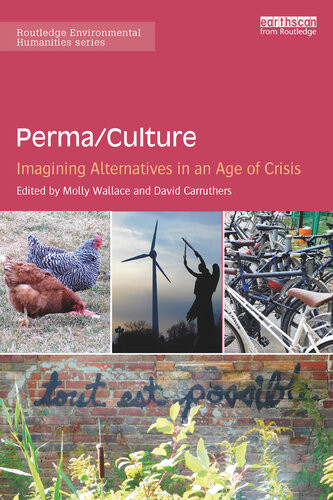

Most ebook files are in PDF format, so you can easily read them using various software such as Foxit Reader or directly on the Google Chrome browser.
Some ebook files are released by publishers in other formats such as .awz, .mobi, .epub, .fb2, etc. You may need to install specific software to read these formats on mobile/PC, such as Calibre.
Please read the tutorial at this link. https://ebooknice.com/page/post?id=faq
We offer FREE conversion to the popular formats you request; however, this may take some time. Therefore, right after payment, please email us, and we will try to provide the service as quickly as possible.
For some exceptional file formats or broken links (if any), please refrain from opening any disputes. Instead, email us first, and we will try to assist within a maximum of 6 hours.
EbookNice Team

Status:
Available4.5
6 reviewsIn the face of what seems like a concerted effort to destroy the only planet that can sustain us, critique is an important tool. It is in this vein that most scholars have approached environmental crisis. While there are numerous texts that chronicle contemporary issues in environmental ills, there are relatively few that explore the possibilities and practices which work to avoid collapse and build alternatives.
The keyword of this book’s full title, 'Perma/Culture,' alludes to and plays on 'permaculture', an international movement that can provide a framework for navigating the multiple 'other worlds' within a broader environmental ethic. This edited collection brings together essays from an international team of scholars, activists and artists in order to provide a critical introduction to the ethico-political and cultural elements around the concept of ‘Perma/Culture’. These multidisciplinary essays include a varied landscape of sites and practices, from readings from ecotopian literature to an analysis of the intersection of agriculture and art; from an account of the rewards and difficulties of building community in Transition Towns to a description of the ad hoc infrastructure of a fracking protest camp.
Offering a number of constructive models in response to current global environmental challenges, this book makes a significant contribution to current eco-literature and will be of great interest to students and researchers in Environmental Humanities, Environmental Studies, Sociology and Communication Studies.